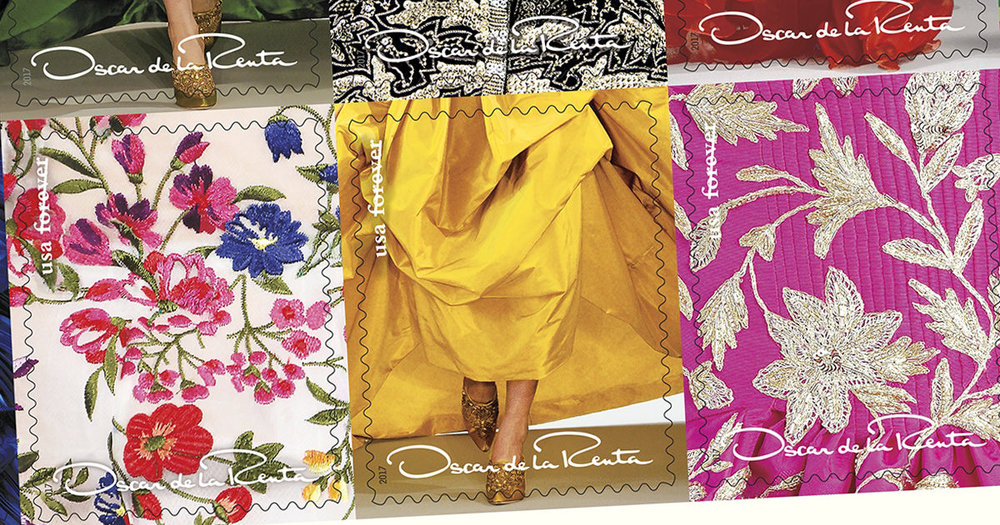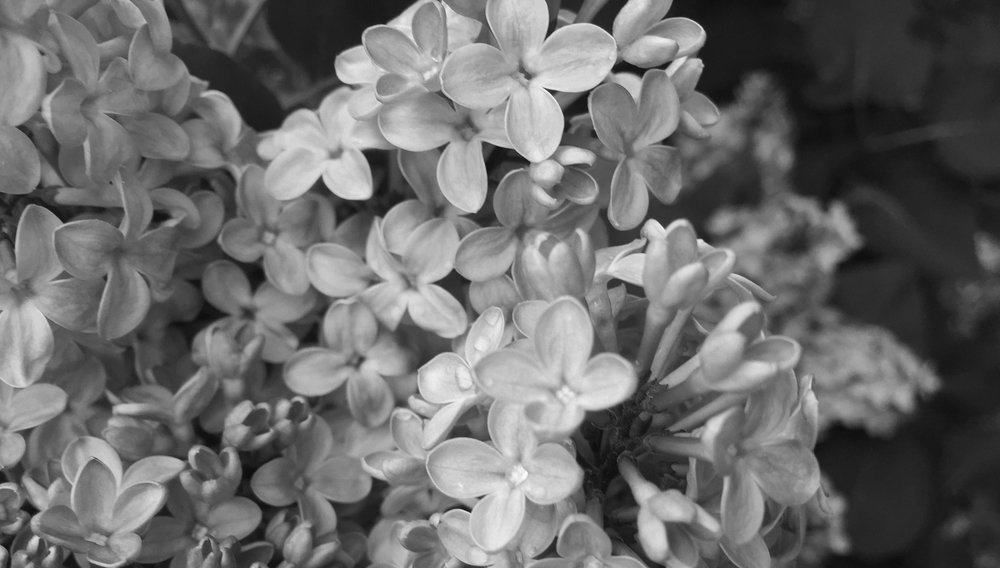
Last week I asked:
What poem is in your hand, in your head, in your heart?
The response was vibrant, and I'm heartened to know that poetry thrums and thrives in our lives. As we wrap up National Poetry Month, I'm sharing some of the poems I've enjoyed — thanks to you, dear readers, writers & poetry appreciators.
* * *
"This poem is knocking my socks off," writes Rosemerry Wahtola Trommer, Colorado's Western Slope Poet Laureate:
Life While-You-Wait
Life While-You-Wait.
Performance without rehearsal.
Body without alterations.
Head without premeditation.
I know nothing of the role I play.
I only know it’s mine. I can’t exchange it.
I have to guess on the spot
just what this play’s all about.
Ill-prepared for the privilege of living,
I can barely keep up with the pace that the action demands.
I improvise, although I loathe improvisation.
I trip at every step over my own ignorance.
I can’t conceal my hayseed manners.
My instincts are for happy histrionics.
Stage fright makes excuses for me, which humiliate me more.
Extenuating circumstances strike me as cruel.
Words and impulses you can’t take back,
stars you’ll never get counted,
your character like a raincoat you button on the run —
the pitiful results of all this unexpectedness.
If only I could just rehearse one Wednesday in advance,
or repeat a single Thursday that has passed!
But here comes Friday with a script I haven’t seen.
Is it fair, I ask
(my voice a little hoarse,
since I couldn’t even clear my throat offstage).
You’d be wrong to think that it’s just a slapdash quiz
taken in makeshift accommodations. Oh no.
I’m standing on the set and I see how strong it is.
The props are surprisingly precise.
The machine rotating the stage has been around even longer.
The farthest galaxies have been turned on.
Oh no, there’s no question, this must be the premiere.
And whatever I do
will become forever what I’ve done.
— Wislawa Szymborska
* * *
Jeanie Senior, a journalist and poetry appreciator, recalls one of her favorite poems:
Dover Beach
The sea is calm to-night.
The tide is full, the moon lies fair
Upon the straits; - on the French coast the light
Gleams and is gone; the cliffs of England stand,
Glimmering and vast, out in the tranquil bay.
Come to the window, sweet is the night-air!
Only, from the long line of spray
Where the sea meets the moon-blanch'd land,
Listen! you hear the grating roar
Of pebbles which the waves draw back, and fling,
At their return, up the high strand,
Begin, and cease, and then again begin,
With tremulous cadence slow, and bring
The eternal note of sadness in.
Sophocles long ago
Heard it on the Aegean, and it brought
Into his mind the turbid ebb and flow
Of human misery; we
Find also in the sound a thought,
Hearing it by this distant northern sea.
The Sea of Faith
Was once, too, at the full, and round earth's shore
Lay like the folds of a bright girdle furl'd.
But now I only hear
Its melancholy, long, withdrawing roar,
Retreating, to the breath
Of the night-wind, down the vast edges drear
And naked shingles of the world.
Ah, love, let us be true
To one another! for the world, which seems
To lie before us like a land of dreams,
So various, so beautiful, so new,
Hath really neither joy, nor love, nor light,
Nor certitude, nor peace, nor help for pain;
And we are here as on a darkling plain
Swept with confused alarms of struggle and flight,
Where ignorant armies clash by night.
— Matthew Arnold
* * *
Shirley McPhillips, author of Acrylic Angel of Fate, shared her own poem:
Shaking Off the Village
— after Wanderlust
Today, I walk--cloud-gaze, woolgather,
meander--because it is slow.
I take leave of my senses, do nothing
in particular, with nobody, all alone.
Today, I do not make a sacred pilgrimage
or walk for justice or freedom
or any global good.
I walk to shake off the village
where a false urgency of devices
moves faster than the speed of thought,
or thoughtfulness. I saunter--my feet
equally at home in every place--taste
the essential wildness of presence.
Steps add up like taps on a drum
to the rhythm of breathing
and the beating of the heart.
— Shirley McPhillips
* * *
Woesha Hampson shares a poem she wrote:
Painting in the Yard
Mother Nature paints, our yard her canvas.
Watching needles falling, I find solace.
A dog drops a rag doll. A girl appears.
She spots the doll, smiles, wipes away her tears.
Squirrels bury walnuts, hide them in pots,
large and small. They are brazen as a fox.
A young deer passing by, sees me. He walks
through the rain. Circling above are two hawks.
A flicker bathes briefly in the bird bath.
Through bushes, the dog returns on the path.
Evergreen and fruit trees, flowers, and plants
are caddywampus after a rain’s dance.
— Woesha Hampson
As the hoopla of Poetry Month subsides, we know poetry lives in the everyday, in what we do and what we say. Keep on poeming!




























